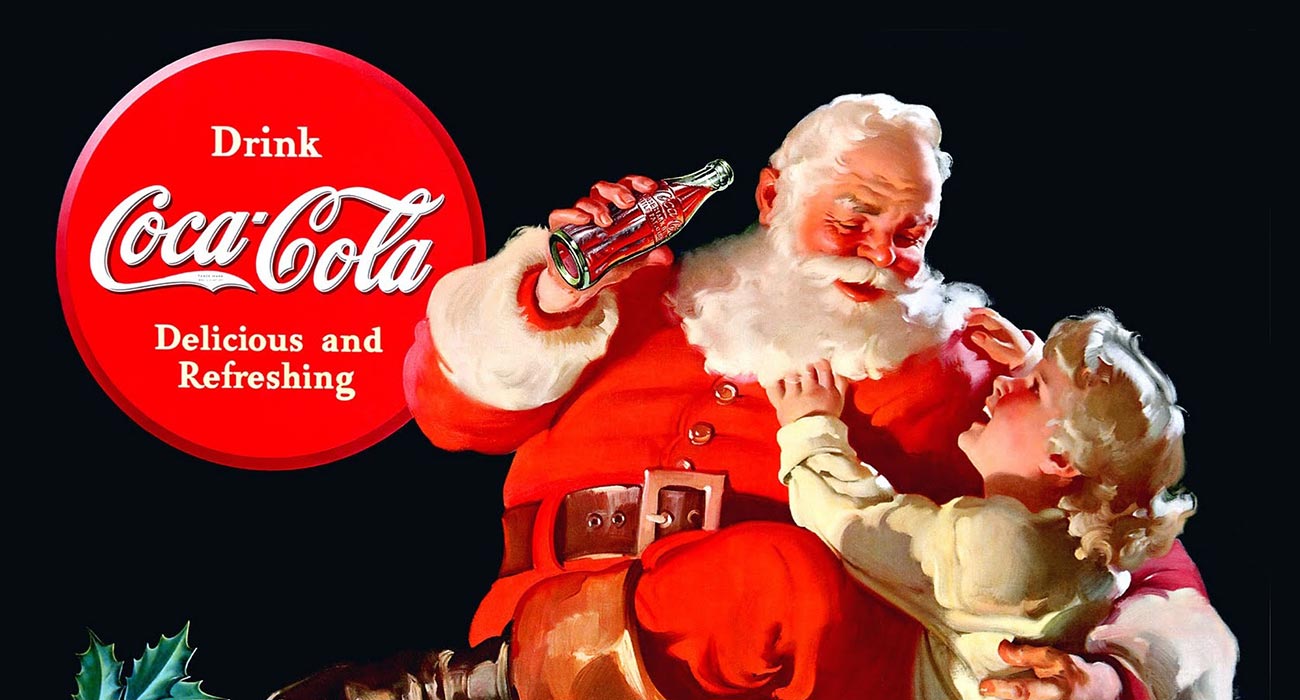As it’s Christmas, we’ve dedicated this issue to the story of Christmas. Where do our rituals originate and where did the big guy with the white beard come from?
Modern Christmas is full of traditions whose origins are not widely known. We thought it would be interesting to lift the lid on some Christmas stories. It turns out that a certain Martin Luther shaped many cultural & religious habits we now celebrate at Christmas and not those guys at Coca-Cola. We hope you enjoy this edition & wish you all a Merry Christmas.
1. Saint Nicholas, Sinter Klass & Christ Mass
The original Saint Nicholas was a 4th Century bishop who was known for his generosity to the poor. During the Middle Ages, the evening before his birthday (December 6th) children were given gifts in his honour. This custom of gifting children was borrowed by Martin Luther to refocus children on celebrating Christ at Christ Mass (or Christmas) usually held in the evening of December 24th or the morning of December 25th. During the Reformation, the popularity of Saint Nicholas dropped, except in Holland where he was known as Sinter Klass. The Dutch took this tradition with them to America where Sinter Klass eventually became known as Santa Claus.
2. The red-suited Santa & Coca Cola
It’s often thought the white-bearded, red-suited Santa was created for Coca Cola’s by Haddon Sundblom and his Christmas advertising campaigns but the modern ‘western’ depiction of Santa can be attributed to Thomas Nast and his work for Harper’s Weekly from the 1860’s. It was Thomas Nast who also created the idea of Santa’s workshop at the North Pole and Santa’s list of the good & bad children of the world.
3. Where did decorated X-mas Trees come from?
Prince Albert (Queen Victoria’s consort) is usually credited with introducing the Christmas tree to England in 1840. However, the honour of establishing this tradition rightfully belongs to ‘good Queen Charlotte’ who set up the first known English tree at Queen’s Lodge, Windsor, in December, 1800. Legend has it that Queen Charlotte’s compatriot, Martin Luther (got to hand it to this guy) was walking through a pine forest near his home in Wittenberg when he saw thousands of stars glinting, jewel-like among the branches of the trees. This wondrous sight inspired him to set up a candle-lit fir tree in his house at Christmas, to remind his children of the starry heavens from whence their Saviour came.
4. Why do we eat Turkey at Christmas?
Ironically Saint Nicholas originated from what is now Turkey but legend has it that Henry VIII originally ate turkey at Christmas and we all started to do the same.
Read more:
Before 1931, Santa was depicted as everything from a tall gaunt man to a spooky -looking elf. He has donned a bishop’s robe and a Norse huntsman’s animal skin. As mentioned Thomas Nast drew the Santa we recognize today, changing the color of his coat from tan to red. Then came Coca-Cola, who began featuring Santa in Christmas advertising in the 1920s in the vein of Thomas Nast.
In 1931 Archie Lee, of the D’Arcy Advertising Agency started working with Coke and commissioned Michigan-born illustrator Haddon Sundblom to develop a Santa ad campaign. For inspiration, Sundblom turned to Clement Clark Moore’s 1822 poem ‘A Visit From St. Nicholas’ (commonly called ‘Twas the Night Before Christmas’). Sundblom’s Santa debuted in 1931 using a retired salesman Lou Prentiss as his model. In 1942, CocaCola introduced ‘Sprite Boy’, a character who appeared with Santa Claus in Coca-Cola advertising throughout the 1940s and 1950s. Sprite Boy, who was also created by Sundblom, got his name due to the fact that he was a sprite, or an elf. (It wasn’t until the 1960s that Coca-Cola introduced the popular beverage Sprite.)
Read more: 5 Things You Never Knew About Santa Claus and Coca-Cola
See more:
Share this article



